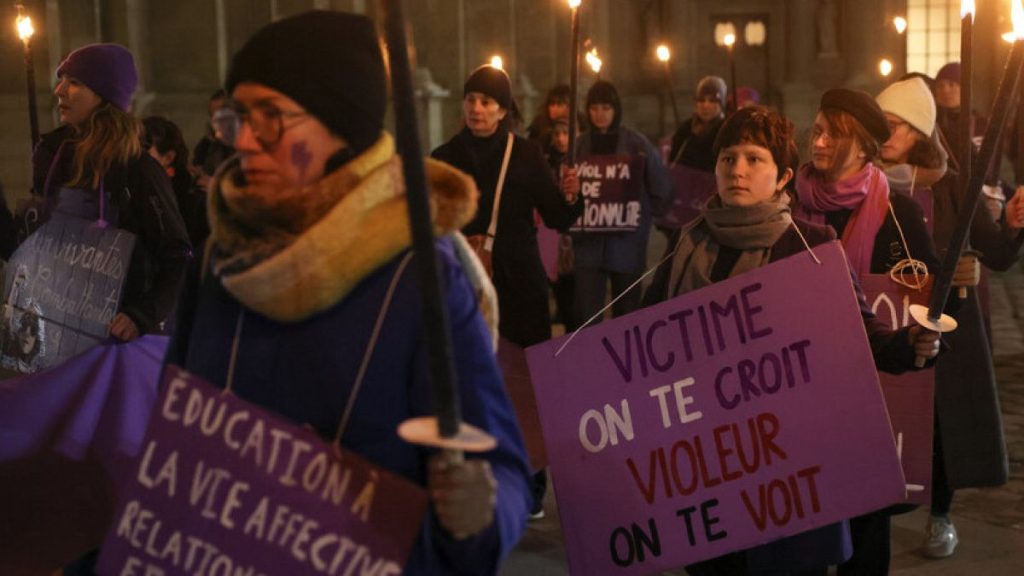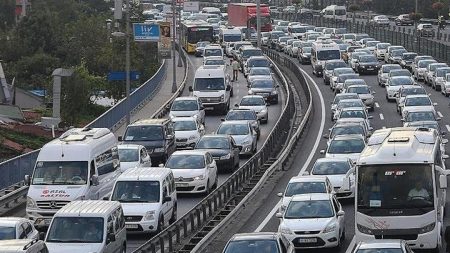Summarize this content to 2000 words in 6 paragraphs
The platform to help victims who believe they have been drugged then assaulted was created two months amid the trauma of a mass trial that shook France and the rest of the world.
It’s one of the numerous ripple effects of the Mazan mass rape trial that made all the international headlines. Since the verdict last week, calls have been multiplying at a call centre located in a Paris hospital (APHP). The specialists that work there help victims of chemical submission – the act of administering drugs to someone to assault them. The centre receives up to ten calls per day. At 9 am sharp, Leila Chahouachi, a pharmacist and head of the department, starts calling back victims just like Gisèle Pelicot, who believe they have been drugged and assaulted. Gisèle Pelicot’s now ex-husband, Dominique, was found guilty of drugging and recruiting men to rape her without her knowledge for over a decade. He and the fifty men he recruited to sexually abuse Gisele Pelicot were sentenced for their crimes last week. “Nobody’s allowed to touch you. There’s no such thing as a right to rape or to assault someone,” replied Leila Chahouachi, with a calm but firm tone, after one victim explained that she thinks she has been drugged and assaulted. Although she encourages victims to file a formal complaint with local authorities, she understands that some victims may not yet be ready. “I don’t want to pressure anyone. I want to guide them because sometimes all they need is someone to listen to them,” she told Euronews. Increase in calls from healthcare professionalsVictims then can have their hair analysed for traces of drugs as part of a national research program carried out by the centre. “Three strands of hair are removed for testing. One goes to analyse for cannabinoids, one for medication and narcotics, and one for GHB (known as the date rape drug). We’ll give victims the results back in 2 months,” explained the director of the centre. The Pelicot mass rape trial propelled the notion of chemical submission into the national spotlight.Although there aren’t updated numbers for 2024, nearly 2,000 complaints or calls were recorded by the Paris centre in 2022, up by 69% compared to the previous year.Approximately 80% of these cases involved women, particularly between the ages of 20 and 29. “There was an initial surge with the #MeToo movement in 2017 but the mass rape trial will mark a point of no return,” said Leïla Chaouachi.Another striking consequence of the Pelicot trial is the unprecedented wave of calls from professionals such as doctors, magistrates or NGOs. “One thing that is striking since the Pelicot mass rape trial is the over-mobilisation of healthcare professionals, who are flabbergasted by the fact that this victim had been wandering around for so long, with symptoms that she described and complained about, but which had not been identified as potentially involving the administration of substances,” said Leila Chahouachi. “These professionals recognise that they could have missed this too. And that’s why we’re particularly in demand for training courses to improve this spotting some of the warning signs.” The French government has promised it would launch reforms to help people who fear they have been drugged and then raped, including state-funded test kits.














